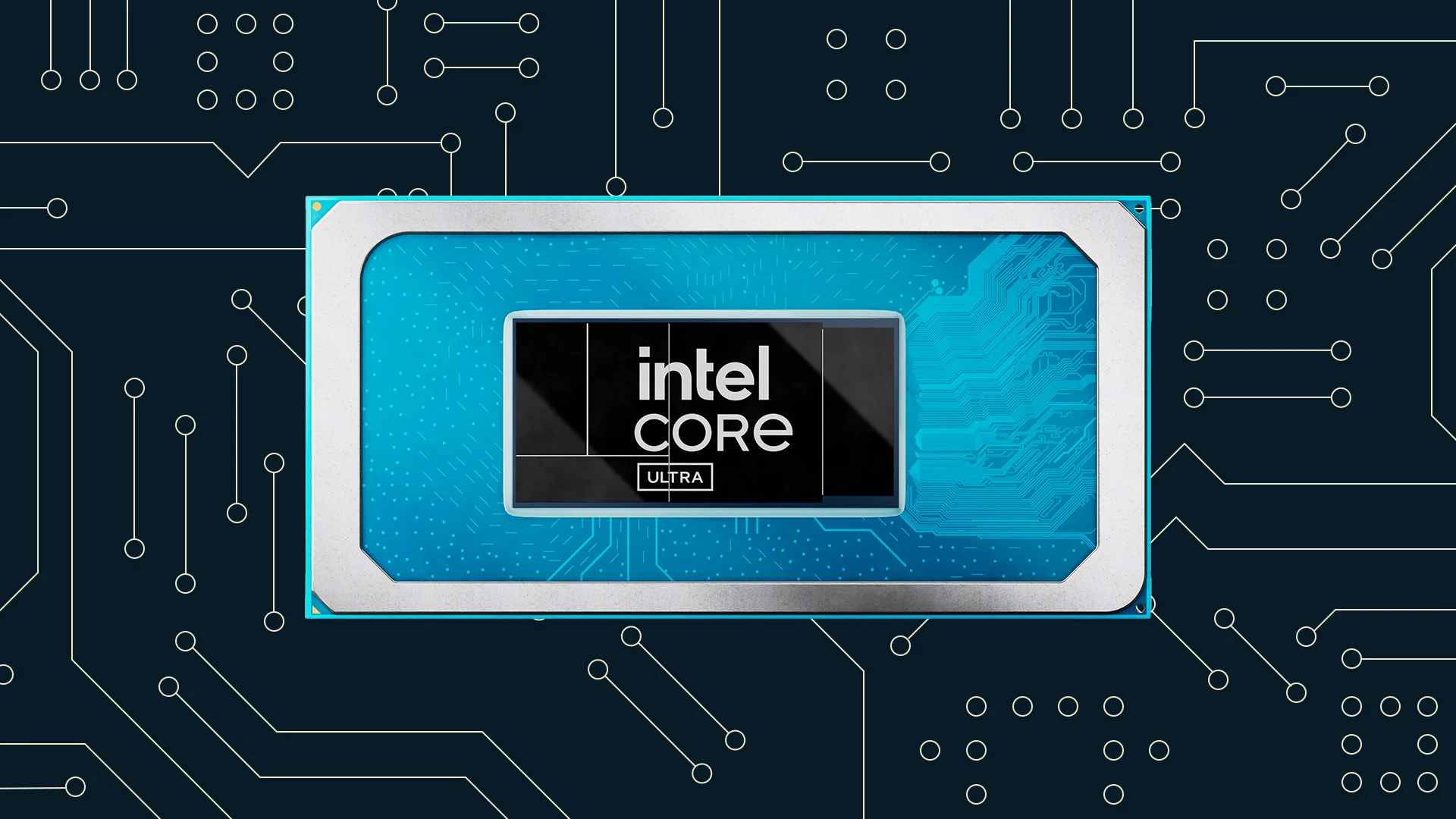Following a wave of reports alleging instability and crashes in Intel’s 13th and 14th generation (Raptor Lake) mobile processors, the chip giant has issued a statement assuring users that the situation is under control.
Intel acknowledges that a small number of instability reports have surfaced concerning their mobile chips, mirroring similar complaints about desktop CPUs. However, the company insists that the underlying causes differ significantly.
In-depth analysis of the desktop chip issues points to a specific bug that does not affect the mobile processors. Intel’s investigation suggests that the reported system hangs and crashes in laptops are more likely attributable to a wide range of common software and hardware problems.
What’s the Problem, Exactly?
Reports of instability in Intel’s latest desktop chips, particularly high-end models like the Core i9-13900K and Core i9-14900K, have raised concerns among users and developers alike. These issues manifest as sudden reboots, blue screens of death, and application crashes.
Although Intel claims to have addressed the desktop issues via BIOS updates, some users continue to experience problems. This, coupled with the company’s initial silence on the matter, fueled speculation that the problems might extend to mobile processors as well.
Intel’s Reassurance
In their statement, Intel encourages users experiencing instability issues to reach out to their laptop manufacturers for assistance. They maintain that the reported symptoms on 13th/14th Gen mobile systems are not indicative of a widespread design flaw.
Some industry experts and developers, such as Matthew Cassells from Alderon Games, have reported encountering similar crashes in their laptops, although less frequently than on desktops. However, Intel maintains its stance, suggesting that the mobile issues are not systemic but rather isolated incidents.
What’s Next?
While Intel’s statement aims to quell concerns, it remains to be seen whether the company’s assurances will hold true in the long run. Users are advised to stay vigilant and monitor their laptops for any signs of instability.
In the meantime, Intel continues to work with laptop manufacturers to identify and resolve any software or hardware issues that may be contributing to the reported problems.






























